Howdy, friend!
If you’re like most of us, then you’ve experienced the dieting roller coaster, the weight yo-yo, the being hungry and not feeling any better. In my last post (you can read that here), I gave you two techniques that you can use to create more presence around meals, improve your digestion, and help you ditch your dieting for good. But sometimes… you need more than just techniques to help. Sometimes you do need to consider what you’re eating. I’m going to give you a quick overview of the importance of blood sugar – and then two things to take into consideration when eating.

Why an overview of blood sugar?
Because your blood sugar affects everything from weight to brain health, and everything in between! Blood sugar refers to the level of glucose in your blood, which is controlled by the hormone insulin, what you eat, and your level of movement. Now, I’m not going to tell you to never eat sugar, eliminate carbs, and workout all the time. What I am going to tell you is that glucose is our body’s main and preferred energy source. Our body’s main goal is to balance our blood sugar because it increases our insulin sensitivity – and we want to be sensitive to insulin.
Our body’s ability to utilize glucose is largely determined by insulin. When our blood sugar levels increase, insulin is released to help restore glucose to a healthy balance. Insulin helps our cells release the glucose into our bloodstream where it will ideally be converted into energy to be expended through movement. We want our cells to convert the glucose in our bloodstream into energy right away because any excess glucose that is not needed at the time will be stored short term in our liver and muscles as glycogen. However, if those reserves are full, then the body looks to store the excess glucose long term as lipids or fatty acids, leading to an increase in body fat.
One way to help control your blood sugar is through paying attention to your macros (your macronutrients) which are made up of Proteins, Carbohydrates, and Fats. Can I be real with you for a moment? Every. Single. Diet. is actually just playing with the balance and timing of your macros.
Now, carbohydrates provide quick energy to the body because they can be broken down more easily than other macronutrients. We also know that carbohydrates can cause big insulin spikes in our system when we consume them as our body releases insulin to bring the glucose levels back down to balance.
Protein is our “builder” macronutrient as it plays a critical role in maintaining structure, function and regulation of our body’s tissues and organs. Protein can be used as a source of energy, but usually only as a last resort because the body wants to save protein for growth, development and repair.
And finally, Fat has really gotten a bad rap over the years, despite the fact that it is essential for our survival because it maintains and protects our cellular membranes and is the body’s go-to fuel source.
Obviously, one way to balance your blood sugar would be to keep track of how many carbs you eat… but that alone is not sufficient. If you’re trying to lose weight or improve health and vitality, focusing on adequate protein intake is a critical key. Consuming high-protein breakfasts, for example, can lead to higher levels of satiety throughout the day, helping to reduce snacking throughout the day, in addition to improving muscle growth.
Can you do this without dieting?? Absolutely!
Again, it’s a matter of focus. Instead of focusing on what you “have to get rid of”, focus on what you get to eat!
Another way to help your blood sugar is through meal timing – and it’s not as complicated as it sounds. Consistent meal timing is a critical step in balancing our blood sugar. Eating sporadically or haphazardly puts your body on a blood sugar roller coaster, which creates serious stress in the body as the body works to try and regain balance. Here are a few key things to consider as you establish your eating routine…
Only eating once a day or having a small meal in the morning and a big meal for dinner at night sets your system into a reactionary state (what we call a survival or stressed state) which can totally shut down your digestion process as your body thinks it needs to hold on to its nutrients to survive. You see, your body doesn’t know the difference between different types of stress so modern day stressors and the fight or flight stress that one experiences when running from a lion, all register the same in our nervous system! Crazy, right?! So instead of being able to properly divert its resources toward healing and repairing, when in a stressed state your whole digestive system shuts down.
But, eating TOO frequently throughout the day is also taxing on your system since your body never gets a “break”. This actually can lead to insulin resistance, meaning your body needs higher levels of insulin to bring the blood glucose back to balance.
And, piggybacking on this idea of frequency of eating, you also want to avoid eating too late into the evening or too close to your bedtime as our bodies need time to process and digest before we sleep.

All of that to say, there are a lot of things to take into consideration when trying to shape your high-performance lifestyle, and food is an important place to start – but often your timing and mindset matter just as much, if not more, than what you actually consume. But, by combining an awareness of what you’re eating through macros, being present as you eat with the 20-minute meal, and building consistency with meal timing, you can fuel your high-performance life without feeling tied to a diet plan! In my diverse transformational health programs, I have some great tools to help make amazing progress in the area of nutrition – and since the way we do one thing is the way we do everything, transforming your nutrition becomes the catalyst toward positive change in other areas of your life!
If you’ve been desiring change, but need some accountability, let’s chat!

